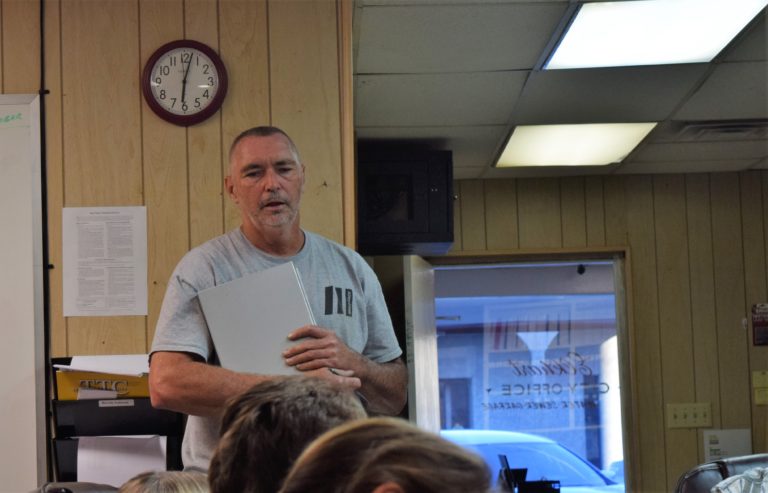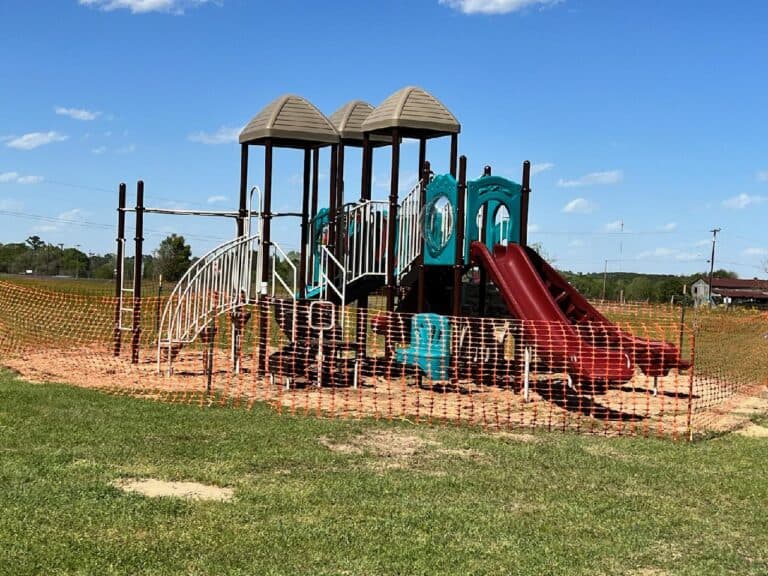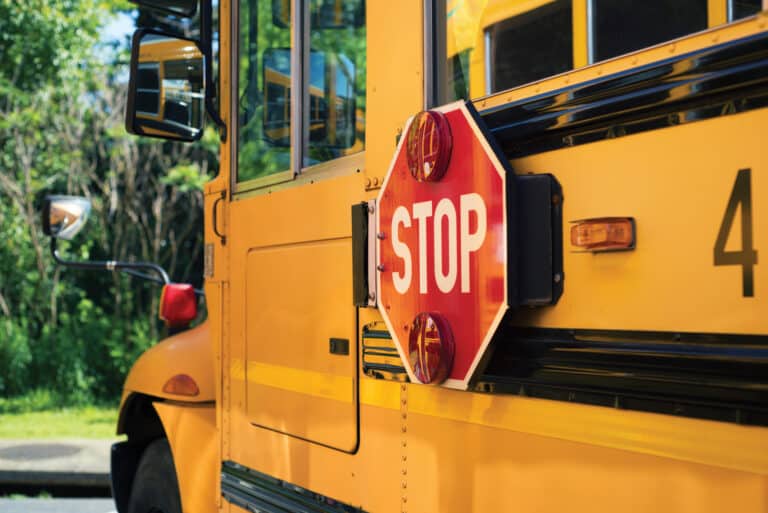Houston County School Districts Prepare to Crack Down on Bullying

‘If You See Something, Say Something’
By Sarah Naron
Messenger Reporter
HOUSTON COUNTY – A new school year is on the brink of getting underway, bringing with it a multitude of opportunities for students to learn new things and partake in exciting experiences.
For some students, however, the dawning of the school year is a time to be dreaded, as stepping back into those hallways means facing ridicule and mistreatment from their schoolmates. With more than 3.2 million victims per year, bullying is a serious issue in schools throughout the country.
Fortunately for students of Houston County schools, it is also one that area districts are not willing to take lightly.
According to Grapeland Independent School District Superintendent Don Jackson, bullying is being added to the mental health intervention program being implemented at GISD for the 2018-2019 school year.
“Our elementary counselor is our only certified counselor in the district, so we have her coming to the secondary campus for two days out of the week,” Jackson explained. “She will exclusively just work with students who are referred to her for different reasons. That’s something that we have not had before on the secondary campus.”
Jackson added that an addition to the school website will allow students to electronically submit concerns regarding bullying.
“The kids who are really shy and don’t want to go to an administrator will have a chance to go to the computer, get on there and it will go directly to the principals,” he said.
GISD staff members are also receiving “more extensive training in what to look for in kids who are struggling with some type of mental health condition,” Jackson said.
“Our quote that we’re leaning on heavily is, ‘If you see something, say something’ – not only to the staff, but also to the students,” Jackson said. “Sometimes, they can see things on social media that we don’t see, and so, our approach for them is ‘see something, say something.’ Even the smallest of things could evolve into something a little bigger, so that’s the goal that we have there.”
Jackson went on to say that the district’s practices and principles will be continuously reviewed to ensure that the school is able to “stay ahead of the game when it comes to bullying,” adding that a zero tolerance policy is in place throughout the district.
“If we know about it, we take action,” Jackson said. “If someone doesn’t speak out, no action will be taken. I just want to invite our students and parents – if they have a situation, call us.”
Students and parents with bullying concerns are first encouraged to contact the principal of the campus at which the bullying is taking place. If the desired result is not achieved, Jackson said, bringing the problem to his attention is the next step.
“Every student should be able to come to school and not worry about how they’re going to be treated,” Jackson said. “They should not have to worry.
“We live in a time where a lot of times, kids will hold this in, and they’ll struggle for a whole lot longer than they should,” he pointed out. “But we’re trying to train our staff to look for these situations so that we can address them.”
Lovelady ISD Superintendent Wendy Tullos said that bullying is an issue which the school takes “very seriously.
“Both our legal and local policies and procedures are aligned with the current bullying laws,” she said. “By implementing and maintaining these policies and procedures, we strive to provide a learning environment in which all of our students feel safe.”
LLISD’s Student Welfare Freedom From Bullying legal policy defines bullying as “a single significant act or a pattern of acts by one or more students directed at another student that exploits and imbalance of power and involves engaging in written or verbal expression, expression through electronic means, or physical conduct.”
The policy further defines bullying as any act which possesses “the effect of physically harming a student, damaging a student’s property,” or presenting a reasonable fear of such harm. These acts are “sufficiently severe, persistent, or pervasive enough that the action or threat creates an intimidating, threatening, or abusive educational environment for a student” and “materially and substantially disrupts the educational process or the orderly operation of a classroom or school or infringes on the rights of the victim at school.”
The policy also addresses cyberbullying, defining the act as “bullying that is done through the use of any electronic communication device, including through the use of a cellular or other type of telephone, a computer, a camera, electronic mail, instant messaging, text messaging, a social media application, an Internet website, or any other Internet-based communication tool.”
The policy’s cyberbullying provisions are applicable to bullying that takes place on school property or at the site of a school-related or school-sponsored activity held on or off school property. Acts that take place “on a publicly or privately owned school bus or vehicle being used for transportation of students to or from school or a school-sponsored or school-related activity” are also provided for.
Cyberbullying that takes place off school property or away from a school-related or school-sponsored activity are covered by the policy in the event that the act “interferes with a student’s educational opportunities or substantially disrupts the orderly operation of a classroom, school, or school-sponsored or school-related activity.”
Kennard ISD Superintendent Malinda Lindsey provided the district’s Student Welfare Freedom From Bullying Local Policy, which states that “the district prohibits bullying, including cyberbullying, as defined by state law. Retaliation against anyone involved in the complaint process is a violation of district policy and is prohibited.”
According to the policy, “bullying of a student could occur by physical contact or through electronic means and may include hazing, threats, taunting, teasing, confinement, assault, demands for money, destruction of property, theft of valued possessions, name calling, rumor spreading, or ostracism.”
The policy goes on to define retaliation as “threats, rumor spreading, ostacism, assault, destruction of property, unjustified punishments or unwarranted grade reductions.”
As of press time Tuesday, Aug. 7, requests for comment from Crockett ISD Superintendent Terry Myers and Latexo ISD Superintendent Dr. Stacy Easterly remained unanswered.
Sarah Naron may be reached via email at [email protected].





